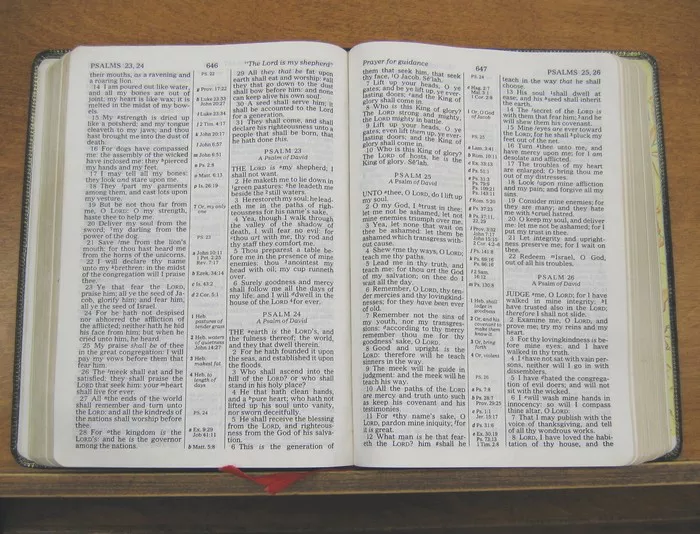The destruction of Babylon, a prominent city in ancient Mesopotamia, holds a significant place in religious and historical narratives. Its demise is a subject of fascination and debate among scholars, theologians, and historians alike. Within the Bible, particularly in the book of Isaiah and the book of Revelation, Babylon’s fall is prophesied and described in vivid imagery. However, the question remains: who was responsible for the destruction of this mighty city?
Historical Context: Rise and Fall of Babylon
Before delving into the possible culprits behind Babylon’s destruction, it’s essential to understand the historical context of the city. Babylon, located in present-day Iraq, was a major political, cultural, and economic center in ancient Mesopotamia. It was the capital of the powerful Babylonian Empire, ruled by renowned monarchs such as Hammurabi and Nebuchadnezzar II.
Under Nebuchadnezzar II’s rule, Babylon experienced a period of prosperity and grandeur. The city was adorned with magnificent temples, palaces, and the famous Hanging Gardens, considered one of the Seven Wonders of the Ancient World. However, Babylon’s supremacy eventually waned, and it fell into decline.
Biblical Prophecies of Babylon’s Destruction
The Bible contains several prophecies foretelling Babylon’s downfall. One of the most prominent passages is found in the book of Isaiah, where the prophet Isaiah predicts Babylon’s destruction as a divine judgment:
“Babylon, the jewel of kingdoms, the pride and glory of the Babylonians, will be overthrown by God like Sodom and Gomorrah.” – Isaiah 13:19 (NIV)
This prophecy portrays Babylon as a proud and sinful city destined for divine punishment. Additionally, the book of Revelation, attributed to the Apostle John, also contains apocalyptic visions depicting Babylon’s fall:
“Fallen! Fallen is Babylon the Great! She has become a dwelling for demons and a haunt for every impure spirit.” – Revelation 18:2 (NIV)
These biblical passages suggest that Babylon’s destruction was not merely a result of human conquest but was orchestrated by divine intervention as a form of judgment.
Potential Culprits: Human or Divine Agency?
Scholars and theologians have debated the identity of the agents responsible for Babylon’s destruction. Several historical events have been proposed as potential candidates for fulfilling the biblical prophecies:
1. Medo-Persian Conquest: One of the most commonly cited events is the conquest of Babylon by the armies of Cyrus the Great, king of Persia, in 539 BCE. The historical account of Babylon’s fall aligns with some aspects of the biblical prophecies, such as the sudden overthrow of the city and the diversion of the Euphrates River to enter Babylon through its dry riverbed. Cyrus’s conquest marked the end of the Babylonian Empire and the beginning of Persian rule in Mesopotamia.
2. Greek Conquest under Alexander the Great: Another significant event in Babylon’s history was its conquest by Alexander the Great in 331 BCE. Alexander’s swift military campaign resulted in the defeat of the Persian Empire, including the capture of Babylon. While this conquest fulfilled the prophecy of Babylon’s downfall, it is not explicitly mentioned in the biblical texts.
3. Divine Intervention: Some interpretations suggest that Babylon’s destruction was not solely the work of human conquerors but was ultimately orchestrated by divine will. The language used in the biblical prophecies, particularly in the book of Revelation, often portrays Babylon’s downfall as a supernatural event brought about by God’s judgment. In this view, human conquests serve as instruments of divine providence rather than independent actions.
Interpretive Perspectives
The question of who destroyed Babylon in the Bible often hinges on one’s interpretive framework. From a historical perspective, the Medo-Persian and Greek conquests provide plausible explanations for Babylon’s demise, aligning with the chronological and contextual details described in ancient texts.
From a theological standpoint, the concept of divine judgment and prophecy fulfillment takes precedence. In this view, human actions are secondary to the overarching narrative of divine sovereignty and judgment. Babylon’s destruction serves as a symbolic representation of God’s ultimate authority over human affairs and the consequences of disobedience and sin.
Conclusion
The destruction of Babylon in the Bible is a multifaceted narrative that intertwines historical events with prophetic declarations. While the conquests of empires such as the Medo-Persians and Greeks offer plausible explanations for Babylon’s downfall, the biblical texts imbue these events with deeper theological significance.
Ultimately, whether viewed through the lens of historical analysis or theological interpretation, the demise of Babylon serves as a poignant reminder of the transient nature of human power and the inexorable fulfillment of divine purposes. In unraveling the mystery of who destroyed Babylon in the Bible, we glimpse the intricate tapestry of history and prophecy that shapes our understanding of ancient civilizations and the forces that govern their rise and fall.

